After late night frosts in 2017 and extreme heat in 2018, 2019 finally seems to have been a normal year for German fruit and vegetable cultivation. But even that leads to problems: The notorious, low prices for vegetables in the German market are causing problems for the producers.
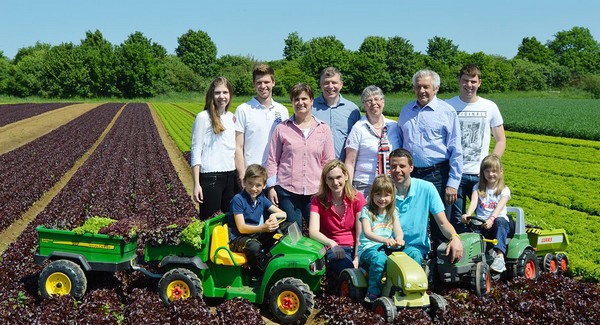
"Every year brings its own challenges, but overall we had an average season this year," says Albrecht Briem from Briem Feldgemüse GmbH in the south of Stuttgart. "The price situation was rather negative, which unfortunately is a recurrent problem in the German market, last year the prices were much better, since the quantities were scarce due to drought and the effort in growing larger." His company tries as well as possible to deal with the problem years and to mitigate negative developments through technology and good cultivation planning.
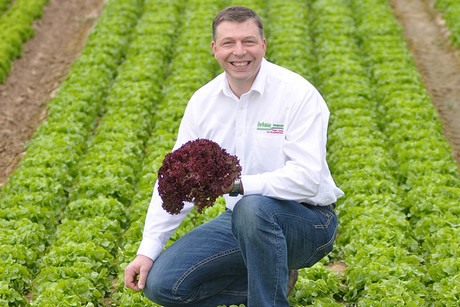
Albrecht Briem
"We are in the second generation of cultivation and employ only trained personnel, so from production to logistics and marketing, we view ourselves as professionals." The Briem family sells their vegetables exclusively on their own initiative: "We are based at the wholesale market in Stuttgart, supply the processing industry and the food retail trade, and our own five trucks also make logistics a reality."
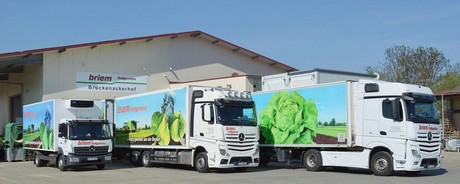
Part of the car pool.
Briem Feldgemüse is a family business from Filderstadt, south of Stuttgart, with about 100 hectares of cultivated land; its main crops are various types of cabbage and lettuce. "Our location on the Filderebene is characterized by particularly good and fertile soils, with very high water durability."
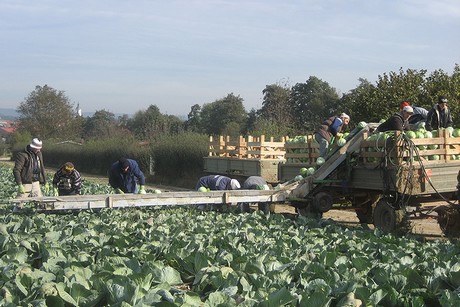
Harvest.
A traditional seasonal transition to classic winter products such as cabbage, there is now no longer, says Briem: "Thanks to modern cooling systems, we can supply all year round cabbages.We have a storage capacity of 4,000-5,000 tons and can thus from November to June our customers with goods from the Stock, and deliver fresh from the field from June to November."
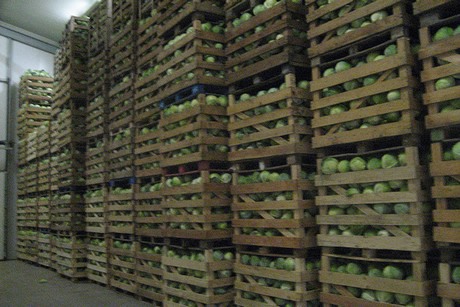
A look in the cold storage room.
The cabbage is not so easy to market, Briem also notes: "German customers are buying less and less, but cabbage is still popular with foreign customers." For example, Turkish cuisine uses cabbage much more often: with coleslaw and in doner kebabs. This means the market changes from one clientele to another, and where other companies have reduced the size of their cultivation, we have even been able to expand this sector."
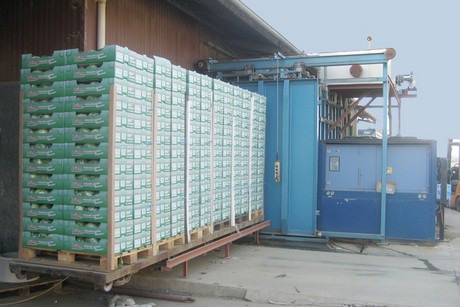 Packaged goods.
Packaged goods.
Cabbage is a very cheap product, with high logistics costs. Therefore, the vegetables are mainly in demand as a regional product, with short distances from the producer to the trader. "With cabbages, there is not much money to be made, so we try to keep the product very regional, within 200km, and with our own logistics we have more opportunities than middlemen. It's not easy, but if it were easy, anyone could do it."
For more information:
Albrecht Briem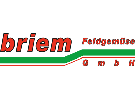
Briem Feldgemüse GmbH
Bruckenackerhof 2
70794 Filderstadt
Tel: +49 (0) 711 / 702864
info@briem-feldgemuese.de
www.briem-feldgemuese.de
